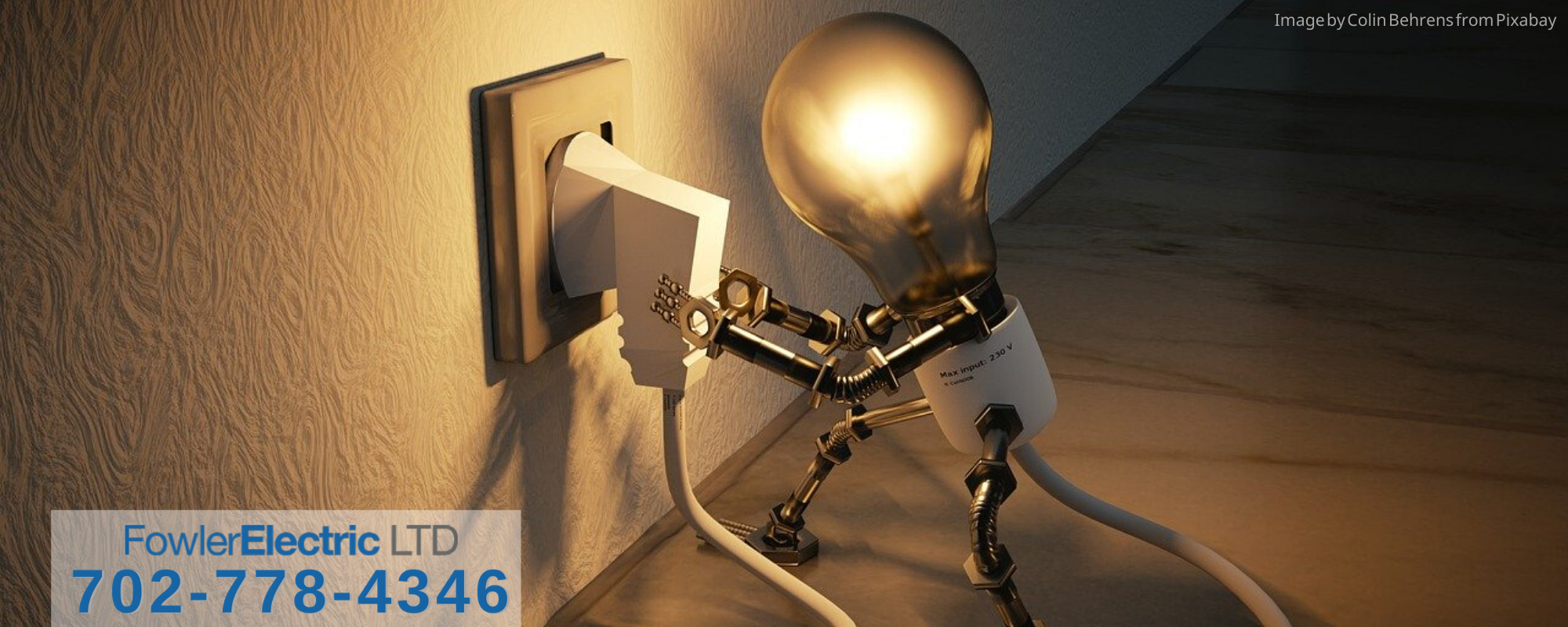Electricity is everywhere.
Our homes and businesses are powered by electricity, and it even comes right out of the sky. Electricity can cause a shock if it comes into contact with you or any other conductive material.
Electric shocks are often caused by faulty appliances, or appliances coming in contact with water. Damage to electrical or extension cords can also cause an electric shock, or you may be shocked if your home’s wiring is damaged, wired incorrectly or old. Below are some ways you can prevent electrical shock.
How to Prevent Electrical Shock
Keep Your Appliances Away From Water. Water is very conductive, so you should not use small appliances like space heaters, hair dryers or even phone chargers in the bathroom, or any place where they might get wet.
Install GFCIs. GFCIs, or ground fault circuit interrupters, are outlets or breakers that will “trip” or interrupt a circuit whenever they sense a fault in a circuit. By stopping the flow of electricity they can prevent electric shock
GFCIs outlets should be installed anywhere there is water (kitchens, bathrooms and laundry rooms), in garages and basements. Be sure all of your outdoor outlets are GFCIs as well.

Check for Damage to Cords. Check your appliance cords and extension cords to be sure they havent frayed or kinked, and that the casing is intact. Be sure to turn the power off at the breaker, first.
Don’t Overload Extension Cords or Power StripsCheck the maximum capacity for each before use. Also, don’t “daisy-chain” extension cords by connecting two or more cords together. Instead, use a longer extension cord.
Related: Important Extension Cord Safety Tips
Don’t Connect or Disconnect Your Appliances While They are Under Load. “Under load” means that there is electricity flowing to the circuit that the device or appliance is connected to. For appliances that do not turn off, turn off the breaker before plugging in or unplugging.
Use Insulated Tools. Most tools are good conductors of electricity, but you can minimize the risk of electrical shock by using insulated tools.
Power Off. This probably goes without saying. If you are going to repair an appliance, be sure it is turned off and unplugged! If you’re swapping out an outlet, light or fan turn the power off at the breaker.
These tips should help you avoid electric shock in your home or work place. As far as the electricity from the sky, here’s what to do during a lightning storm.
Call Las Vegas Electrician Fowler Electric.
If you need help installing GFCIs or with any other electrical project, contact Fowler Electric today! You can also make an appointment for a free estimate below.

